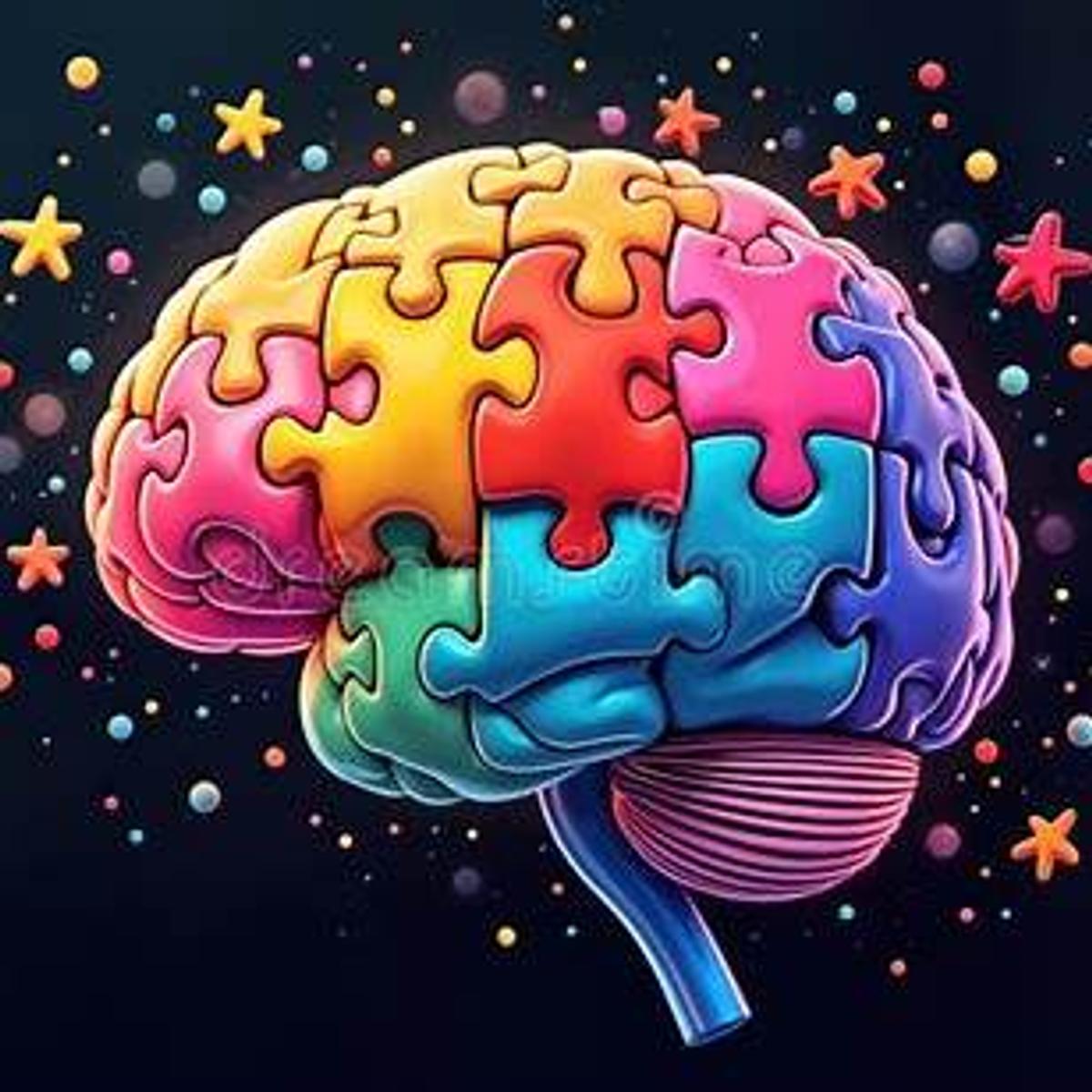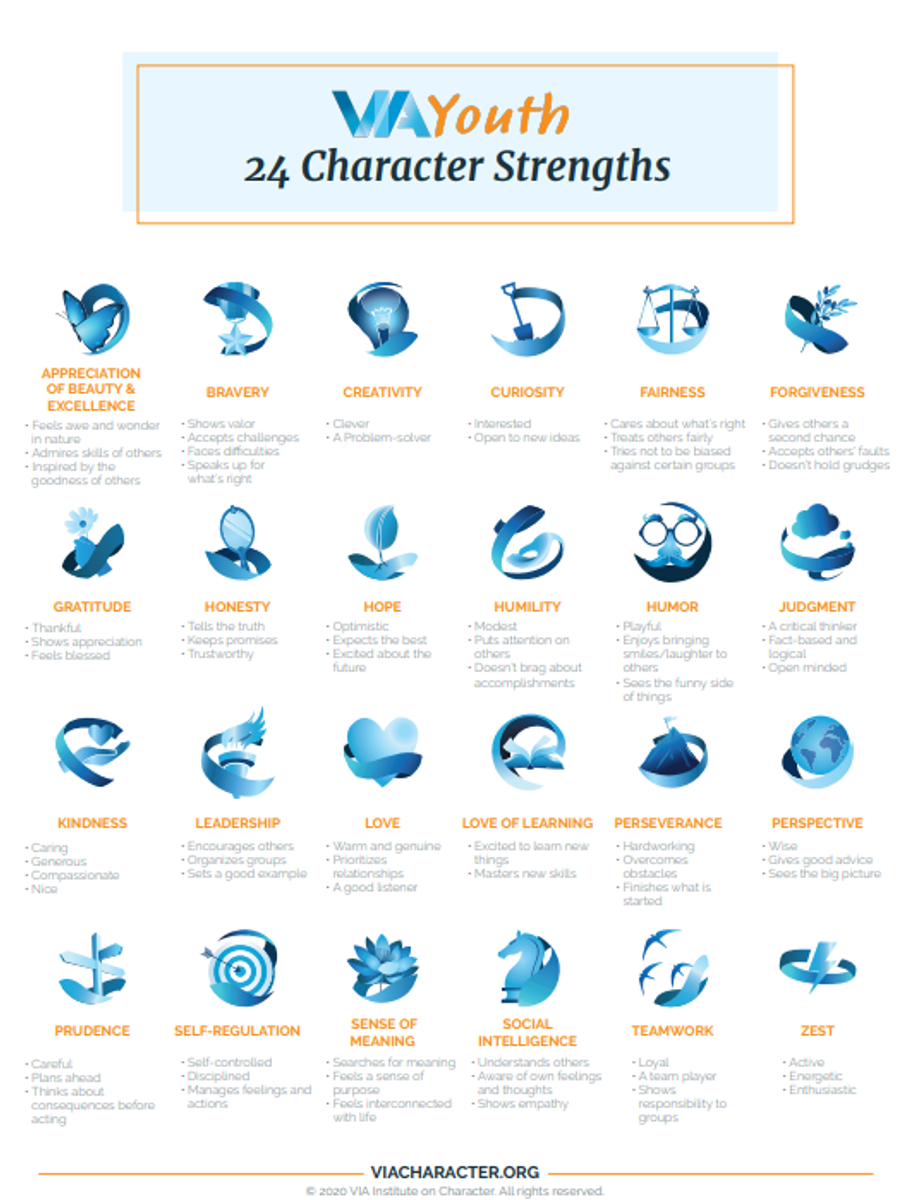Wellbeing

Supporting Every Learner with Friendship Skills
Neurodiversity means that everyone's brain is unique—and that's completely natural. There isn't just one "correct" way for a brain to work. The term is based on the idea that differences in how people think, learn, and process the world are part of human diversity—just like variations in appearance, culture, or personality.
Neurodivergent describes individuals whose brains work differently from what’s often considered “typical.” This includes conditions like autism, ADHD, dyslexia, or Tourette’s. Some people find these differences bring both challenges and strengths—like creative thinking, attention to detail, or out-of-the-box problem solving.
When it comes to neurodivergent learners, friendships can sometimes feel challenging. They might feel misunderstood or find it hard to connect with their peers. In some cases, they might misread social cues and body language or struggle with their own non-verbal communication. Conflict can feel particularly difficult, especially when big emotions (like anger) are involved. For kids who find it tricky to navigate the ups and downs of friendship, school can feel very frustrating, overwhelming, and exhausting.
The good news is that the skills of building and maintaining friendship, communication and social skills can be taught. Some key elements of the Friendology Curriculum that support the wide range of learners we have at VPS are:
A Progressive Learning Model - Spanning early years to teens, the Friendology Curriculum is designed for progressive learning – building on skills year-after-year. With continuity across the year levels among core concepts, the context, scenarios, and teaching style changes to meet the needs of each developmental stage.
Explicit, Step-By-Step Instruction - Friendology guides students through 8 sequenced lessons (using videos and slideshows) designed to meet specific learning outcomes. Every skill is taught step-by-step with student-friendly language to make it easier for all learners to understand, particularly those who struggle with executive functioning.
Visual Tools & Easy-To-Understand Language - Given friendships sometimes require sophisticated social skills (e.g. negotiation, perspective-taking, conflict-resolution), Friendology uses visual tools and kid-friendly terms that are intuitive for children.
Strengths-Based Focus Underpinned By Positive Psychology - Through the wellbeing themes such as DIVERSITY and RESPECT, Friendology helps children understand, accept, and honour differences. One of Friendology’s key concepts focuses on the strengths of each child with activities that help children learn about VIA Institute’s 24 Character Strengths.
Understanding neurodiversity and neurodivergence fosters acceptance and supports children in being proud of who they are. It helps teachers and families focus on strengths and create environments where children can truly thrive and embrace their individuality.
As always, please feel free to reach out for more information about anything related to Friendology, Respectful Relationships, student wellbeing or individual concerns you may have. I am contactable via compass, through the office or via email – louise.jarvis@education.vic.gov.au
Have a lovely weekend,
Louise Jarvis
Wellbeing Specialist Teacher


